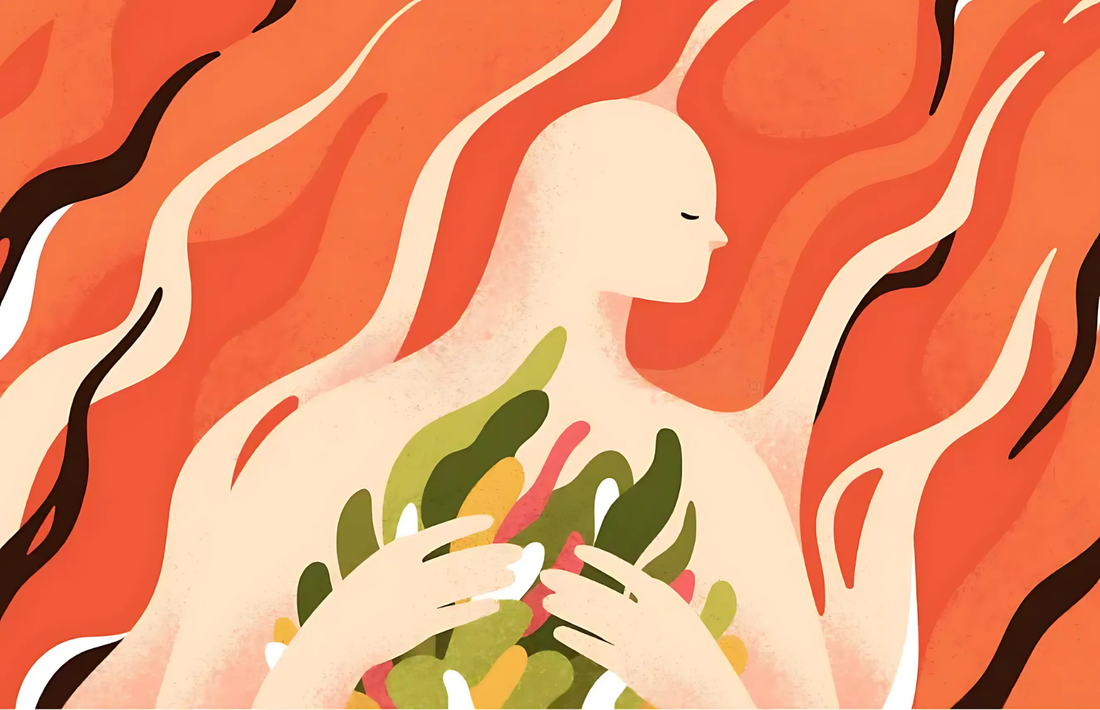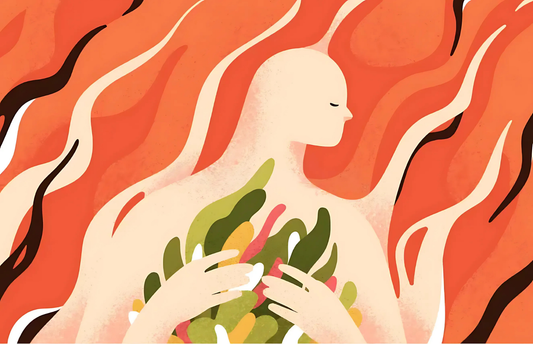In most English translations of the Quran, the word thawab is translated as "reward." While this might seem appropriate at first glance, it flattens a much deeper and more beautiful concept. Thawab in Arabic is not just about receiving something in return for a good deed. It is about restoration. It is about the return of the soul to its natural state.
To appreciate the richness of this word, we need to look at its root meaning.
The Root of Thawab: A Return
The Arabic root th-w-b carries the central meaning of "to return." It refers to the act of coming back to a former or rightful condition. This return is not mechanical or transactional. It is often used in contexts of healing and gathering. For example, when a sick person recovers, it is said that their health has returned. When water flows back into a dry riverbed, it has returned. When people reunite after being scattered, they have returned.
Even the word thawb, which means "garment," comes from this root. A garment is something woven from separate threads into a single piece. It brings together what was scattered. That is the essence of thawab. It is the return to unity, the return to order, the return to wholeness.
Rethinking Thawab
When the Quran speaks of thawab, it is not simply talking about rewards in the sense of prizes or wages. Thawab is what happens when a human being returns to harmony with their fitrah, their original pure nature. When someone turns away from sin and chooses the path of goodness, they are not just earning points. They are being restored. They are being gathered back into the state they were meant to live in.
This understanding makes thawab more like healing than compensation. It is not about earning. It is about returning. A broken soul that repents and does good is being brought back to life. A heart that was lost is being guided home.
The Quran’s Language of Return
Consider this verse:
"So Allah thawaba them for what they said with gardens beneath which rivers flow" (Aal Imran 3:148)
Instead of reading this as a transaction, they said something good and got paradise as a reward, we can read it as a return. Because of their truthfulness, Allah restored them. He brought them back to the natural state of peace and growth, which is symbolized by the garden.
Another example is found in this verse:
"And when We made the House a place of return and safety for people" (Al Baqarah 2:125)
Here, the Kaaba is described not as a prize but as a mathabah, a place to which people return. It is a sanctuary where people reconnect with their origin. It is a place of realignment with what is true and essential.
The Human Journey is a Return
This understanding of thawab transforms how we see the human journey. Life is not a straight line toward a prize. It is a circular journey of departure and return. We come from God, we lose our way, we fall into forgetfulness. But through mercy, repentance, and sincere action, we find our way back.
Thawab is not a trophy at the end. It is the soul coming back to balance. It is the heart reawakening. It is the human being once again living in truth.
So the next time you come across thawab in the Quran, remember that it is not just about reward. It is about reunion. It is about restoration. It is about the return to what you were always meant to be.




